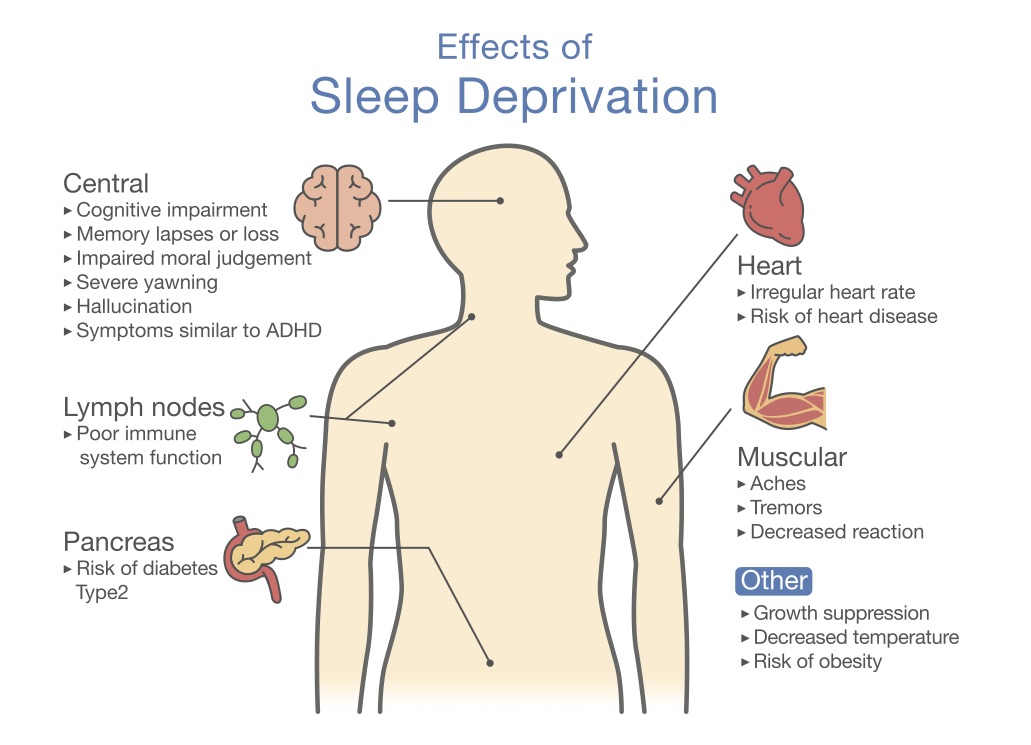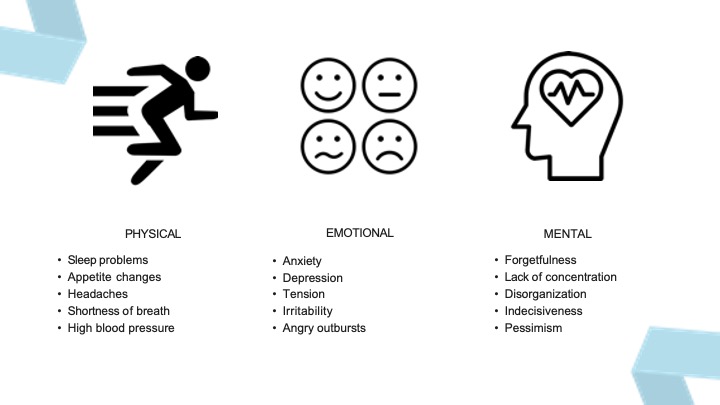Burnout (Part One)

This year, I presented and talked about burnout at our 2022 Global TapRooT® Summit, and I thought I would share with everyone what I presented.
Burnout is one of the front and center issues when companies talk about mental health. As I took a deep dive into burnout and what it is, I learned a lot of helpful information on recognizing burnout and what causes individuals to become “burnt out.” Because there is so much information on burnout, I have decided to break up this article into three parts. In part one, I will discuss the symptoms of burnout, and in part two, I will discuss the causes of burnout. Lastly, in part three, I will discuss recovering from burnout. Keep on reading to learn more about burnout and how to recognize the symptoms.
Burnout Symptoms
As I researched burnout, I learned that burnout manifest in three ways: Physical, Emotional, and Mental. While these symptoms undermine our quality of life and well-being, each symptom is distinct. First, let us take a look at the physical signs of burnout.
Physical Burnout
Physical burnout is when our body experiences the sensation of extreme, persistent tiredness. When someone is physically burnt out, some signs might be trouble sleeping, appetite changes, headaches, shortness of breath, high blood pressure, etc. These symptoms not only cause burnout to become worse, but they can cause serious medical issues if left untreated. Let us take a look at sleeping problems as an example.

Lack of sleep can cause problems such as memory issues, weakened immunity, the risk for diabetes and heart disease, weight gain, and cause you to become more prone to accidents. These issues can cause severe problems at work, your home life, and an individual’s mental health. Because of these issues, this is why burnout has become such an important issue over the years. To think all of these can come from just one of the symptoms of burnout.
Your physical health is often overlooked when discussing burnout. When burnout is mentioned, mental and emotional symptoms come to mind. But prolonged stress can have a wear and tear effect on your body, significantly if the prolonged stress doesn’t ease up over time. Dr. Bennett said, “When people are under stress, their bodies undergo changes that include making higher than normal levels of stress hormones such as cortisol, adrenaline, epinephrine, and norepinephrine. These changes are helpful in the short term – but over time, they start harming the body.” (Moyer, 2022)
Emotional Burnout

Emotional burnout is what most people think of when they hear the word burnout. When someone is emotionally burnt out, some symptoms might be anxiety, depression, tension, irritability, and angry outbursts. Emotional exhaustion happens when a state of feeling emotionally worn-out and drained due to accumulated stress from your personal or work life is prolonged. If someone is experiencing this type of burnout, they may feel like they have no control over what is happening in their lives. This can lead to the person feeling “stuck” in their life or feeling like there is no way out of the situation that they are in.
So why does this matter to employers? Well, overworked and emotionally exhausted employees can start showing low job performance. For example, employers might notice their employees aren’t meeting deadlines, have trouble communicating, have frequent absences, or have a high turnover rate. If these low-performance job indicators are happening in your company, emotional burnout can affect the overall team morale, thus restarting the vicious cycle.
Mental Burnout
Lastly, there is mental burnout. When someone talks about mental exhaustion, they generally refer to cognitive skills such as thinking, memory, decision-making, and problem-solving. Some signs of mental burnout might be forgetfulness, lack of concentration, disorganization, indecisiveness, and pessimism.

It isn’t uncommon to feel tired physically or mentally. The issue is when you are mentally exhausted for prolonged periods. These extended periods of mental fatigue can affect your ability to solve problems, process information, and even affect your ability to simply think. If mental burnout isn’t solved or addressed, these simple issues can lead to daily challenges that disrupt your life and relationships.
You might be prone to mental burnout if you do any of these things:
- work or study for long hours without breaks
- deal with overwhelming responsibilities for prolonged periods
- have mental health symptoms
- constantly thinking through problems, worries, or other stress factors
Mental and emotional exhaustion can cause a person to feel trapped, thus feeling detached, unmotivated, or apathetic to their work or personal life. If you are battling mental burnout, you can feel like all the challenges you face are impossible to overcome. It might be too much to keep trying or mentally draining. This is why it is crucial to address these issues before they get out of hand.
When to Get Help?
Dealing with burnout isn’t easy. It can be tough to seek help for burnout once it has taken a toll on your life. If you or a loved one is dealing with burnout and things aren’t getting better, it might be time to talk to a professional.

A therapist can offer personal and professional help. They can help you identify the cause, explore possible coping methods, and help you navigate the difficulties while trying to recover. If you are experiencing signs of depression from burnout, it is essential to speak to a professional, particularly if you:
- feel hopeless
- low moods
- experience thoughts of hurting yourself or others
Recovering from burnout can take time and be a lengthy process. By choosing to address the issue and get the professional help you need, you are well on your way to healing.
Citations
Moyer, Melinda Wenner. “Your Body Knows You’re Burned Out.” The New York Times, The New York Times, 15 Feb. 2022, https://www.nytimes.com/2022/02/15/well/live/burnout-work-stress.html.




